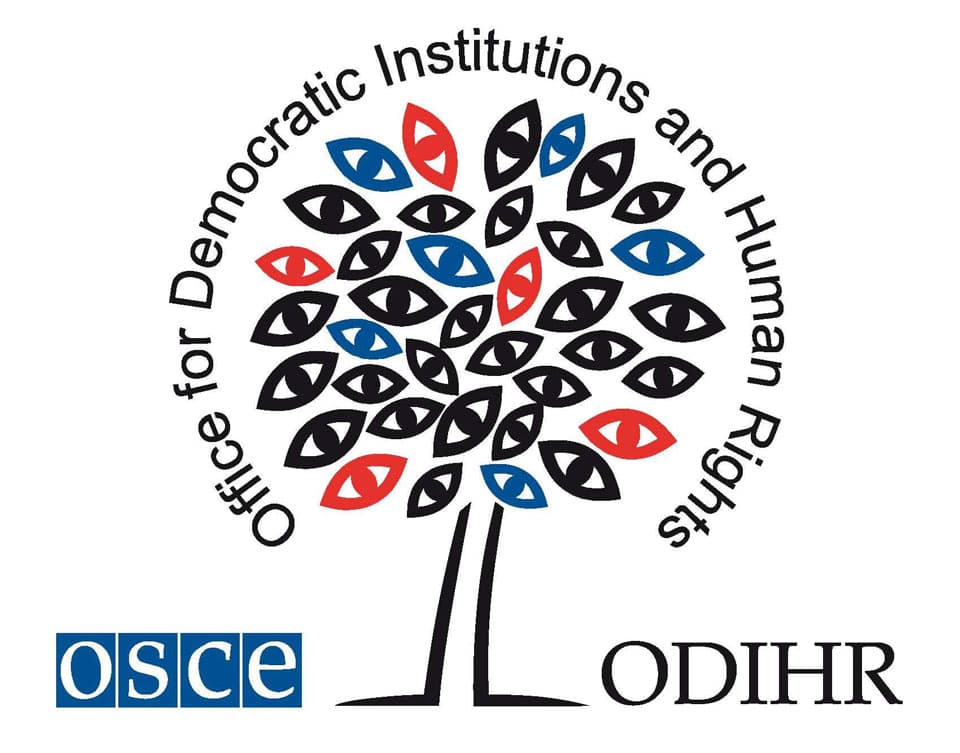ODIHR, EP: Georgian elections run-offs competitive, well run, but undermined by polarization

Author
Front News Georgia
The OSCE/ODIHR and EP international observers have stated that Georgian municipal election run-offs were competitive and well run, but undermined by deepening polarization and continued unlevel playing field.
The joint observation mission from the OSCE Office for Democratic Institutions and Human Rights (ODIHR) and the European Parliament (EP) noted earlier today that while recent legislative changes largely addressed previous recommendations to regulate election runoffs, the legal framework remains complex and contains a number of inconsistencies.
“While these elections were well organised and transparent, there were a number of shortcomings that became evident in the run-up to the second round as the tone of the political debate became increasingly confrontational and claims of pressure and intimidation continued,” said Albert Jónsson, who heads the ODIHR election observation mission. “The purpose of our observation is to contribute to the democratic process, but it’s then for the authorities to act upon our recommendations. Our offer to support further reform for the benefit of Georgian society will remain.”
They said that the election day itself was generally calm, although there were instances of mutual provocation by supporters of political parties outside polling stations.
“The observers assessed the opening and voting procedures positively in most polling stations, but the ongoing practice of representatives of observer organizations acting as party supporters and at times interfering with the process remains of concern.”
The observers stated that candidates were able to campaign freely, while the campaign intensified ahead of the second round.
“There was an increasing focus on national issues, making for a fierce political competition, greater polarization and an increasingly offensive rhetoric. Observers noted continuing allegations of intimidation and pressure on voters, including threats of dismissal. By making announcements between the two rounds about planned public investment and promises of social benefits, the ruling party again enjoyed an undue advantage,” said the observers.
They stated that polarization continued to be the ‘key characteristic’ of the media environment, with many private television channels either voicing clear support for the ruling party and providing negative coverage of the opposition or vice versa.
“While campaign coverage by the public broadcasters was mostly neutral, the main private television channels maintained or at times increased the bias in their reporting. There was very little coverage dedicated to policies or issues of local interest, limiting the ability of voters to make an informed choice.”
The international election observation to the second round of the local elections in Georgia totalled 149 observers from 31 countries, including 142 ODIHR experts and long- and short-term observers, and seven from the EP.
Tags:





